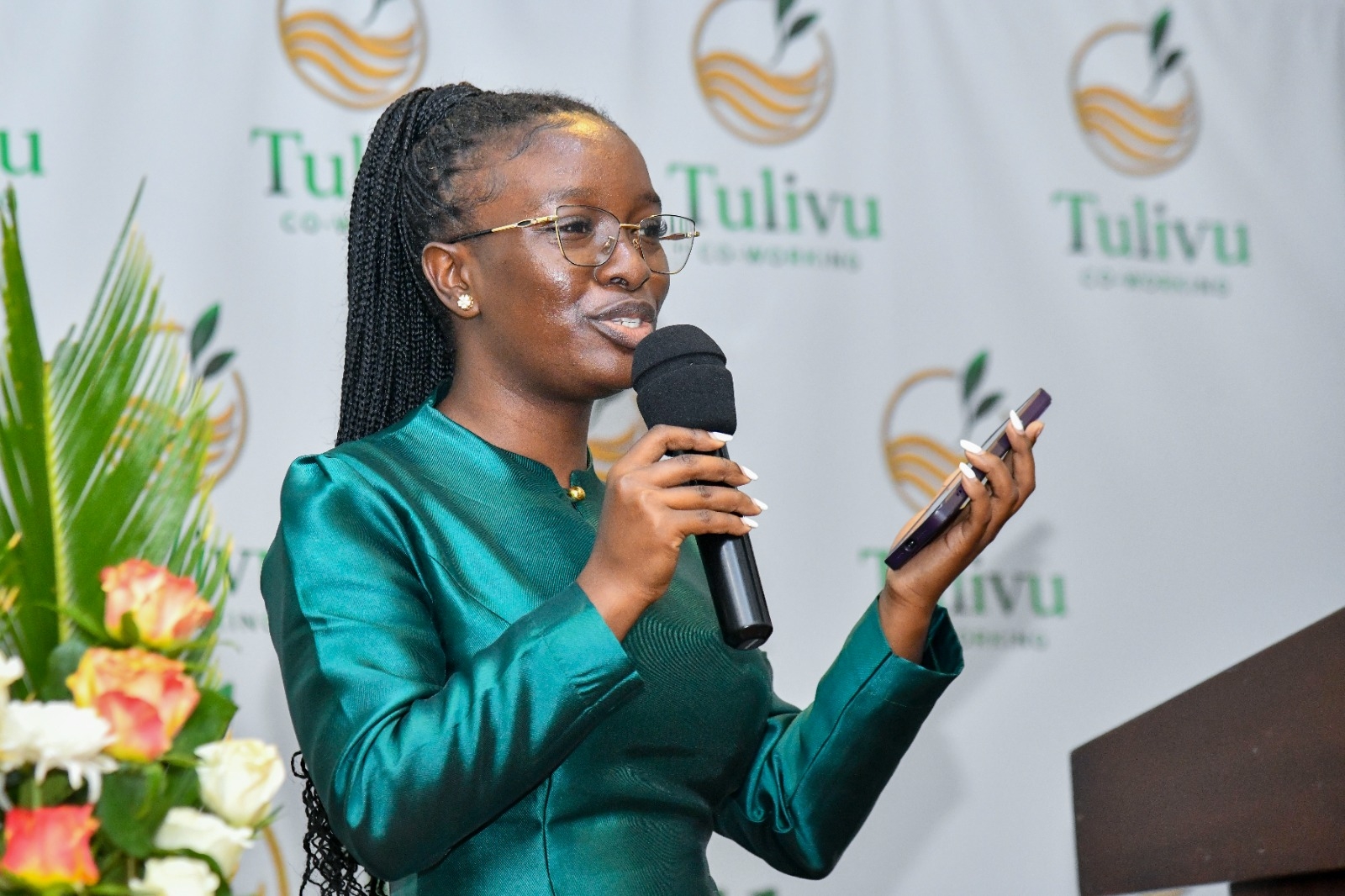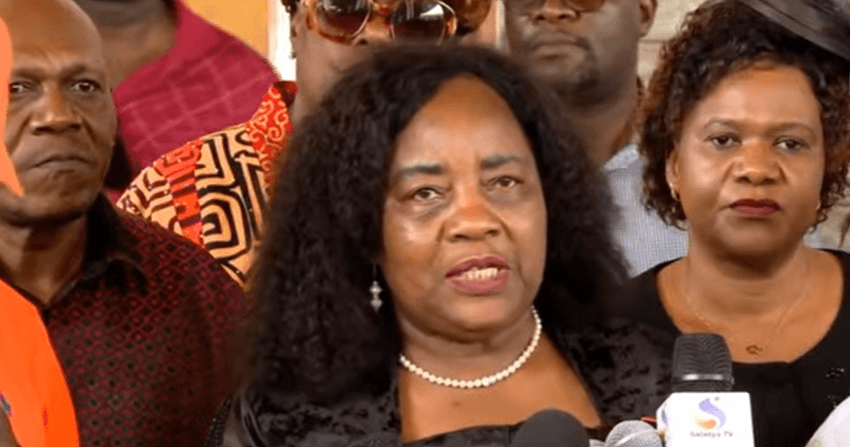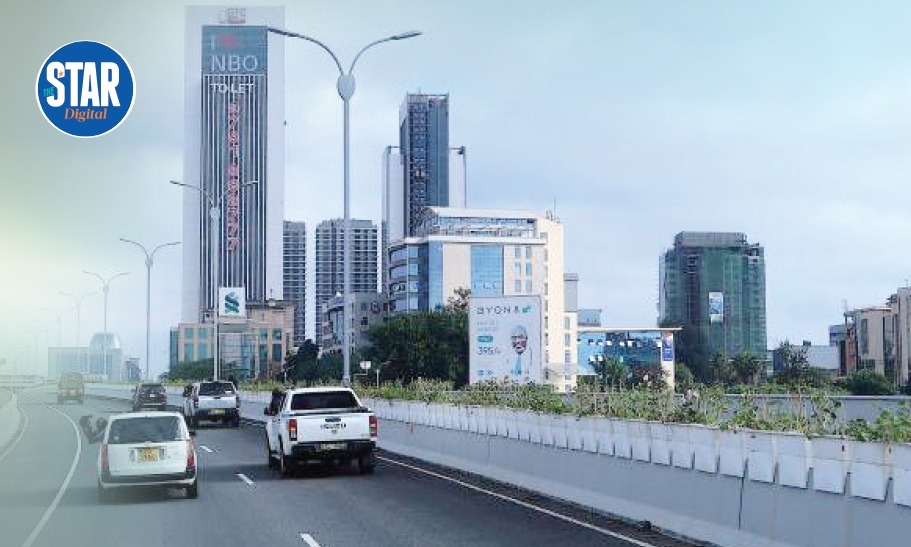The closure of the Ugandan border in March after the country confirmed the first Covid-19 case has hit Kenyans hard.
Traders are struggling to remain in business after Uganda cut supplies. Kenyans who liked to cross the border for entertainment can no longer do so.
On Wednesday when the Star visited Malaba town, vegetable and fruit stalls that used to bustle with activity were deserted.
Most backstreets were dead silent. They used to be full of life before President Uhuru Kenyatta and Uganda’s Yoweri Museveni suspended cross-border movement except for cargo trucks.
Kenyans and Ugandans living on the border have for long cultivated interdependence and any slight disruption of cross-border activity directly affects people’s livelihoods.
Joyce Okomol is a Kenyan vegetables and fruits vendor who used to buy her supplies from Uganda.
“I am still doing business, but I am not doing it for profit,” she told the Star.
“I now do business to keep myself busy and, in a way, it helps me keep my money.”
Before the border was shut, Okomol would cross into Uganda three times a week to buy watermelons, eggs, oranges and tomatoes for her stall in Amagoro town.
But with the suspension of cross-border movement, she now sources her products from parts of Kenya. She says unscrupulous suppliers have taken advantage of the Covid-19 crisis to hike prices.
Before coronavirus struck, her Ugandan suppliers sold five ripe bananas at Sh20. But today, she buys three ripe bananas at Sh20 from Kenyan dealers. This, she says, has cut her profits.
A tray of Ugandan eggs, she says, retailed at Sh270 in the pre-Covid-19 period but currently Kenyan suppliers sell at Sh320.
“We no longer make a profit. Business has plummeted and we do not know for how long this will last,” she says.
Border residents who used to help traders ferry their supplies across River Malaba no longer do so since the river is flooded.
Besides buying her goods within Busia, Okomol occasionally buys from suppliers from Bungoma and Timboroa in the Rift Valley. Dealers from outside Busia mostly sell Irish potatoes, cabbages and sukuma wiki.
But the trader is hopeful that with the ongoing rains, local vegetable prices will improve and the cost of doing business will go down.
Ugandan fruit deliveries to Busia originate from the Eastern districts of Mbale, Kumi, Soroti and Katakwi, while vegetables come from Tororo, Bugiri and parts of Busia Uganda.
Irene Ikarede who makes and sells millet chocolates said the border closure has made life difficult for households and businesses dependent on cross-border supplies.
“The closure has really had a great impact on our businesses,” she said.
“Most business owners at the border depend on supplies from Uganda as Ugandan goods are cheaper and more reliable. This has necessitated closure of some of these businesses.”
Ikarede buys some of the millet she grinds to make chocolates from Uganda. She said shortage of local supplies should be a lesson to residents to scale up production.
William Emomeri, a resident of Teso North, on Thursday told the Star the decision to shut border operations had affected people’s social lives as most residents are married across the border.
“We as border people have intermarried and, socially, we are affected because now we cannot visit our in-laws across or allow others to marry,” he said.
“We are used to getting food supplies from across to stabilise our food situation because sometimes before we harvested, we ran short of food, and if we found that Ugandans had harvested we bought from them.”
Marion Abwaku said life had become difficult.“Life has become expensive. We would buy food in Uganda cheaper than in Kenya,” said Abwaku who comes from Ang’urai.
Border officials have been vigilant to ensure no movement of persons across the border.
The food supply crisis was compounded from March 23 after Busia Governor Sospeter Ojaamong ordered all open-air markets closed.
Kenya Chamber of Commerce and Industry Busia county director Fred Papa said the best the government could do to cushion border traders against the Covid-19 after-shocks was to disburse money to the traders and border households.
“I have not heard of any trader who has been assisted,” Papa said.
Edited by Henry Makori

















